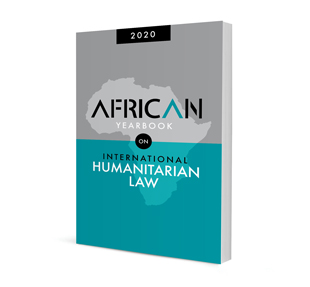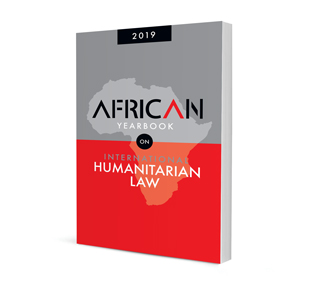Customary international humanitarian law: An overview of Kenya’s state practice in the post-2010 Constitution era

Customary international humanitarian law: An overview of Kenya’s state practice in the post-2010 Constitution era
Author: Kenneth Wyne Mutuma
ISSN: 2521-2621
Affiliations: Senior Lecturer at the School of Law, University of Nairobi, and an IHL practitioner
Source: African Yearbook on International Humanitarian Law, 2020, p. 121 – 158
https://doi.org/10.47348/AYIH/2020/a5
Abstract
With the exception of the shifta wars in the northern part of the country, Kenya has, for the greater part of its post-colonial history, enjoyed relative conditions of peace. This, in turn, has affected the volume of and quality of knowledge on Kenya’s state practice on international humanitarian law (IHL). The Customary IHL study of the International Committee of the Red Cross (ICRC) in 2005 reviewed state practice in the country at the time, based on materials such as military manuals, national laws and case law. However, since 2005, two significant events have had a direct bearing on the country’s IHL state practice. The first is the ushering in of a new constitutional order through the Constitution of Kenya, 2010, and the second is the Kenyan military troops’ incursion into Somalia against the Somali terrorist group, Al-Shabaab. This paper looks at the significant ways in which these two events have led to key additions to Kenya’s state practice, under four main headings: military manuals, national laws, court cases and other sources.

